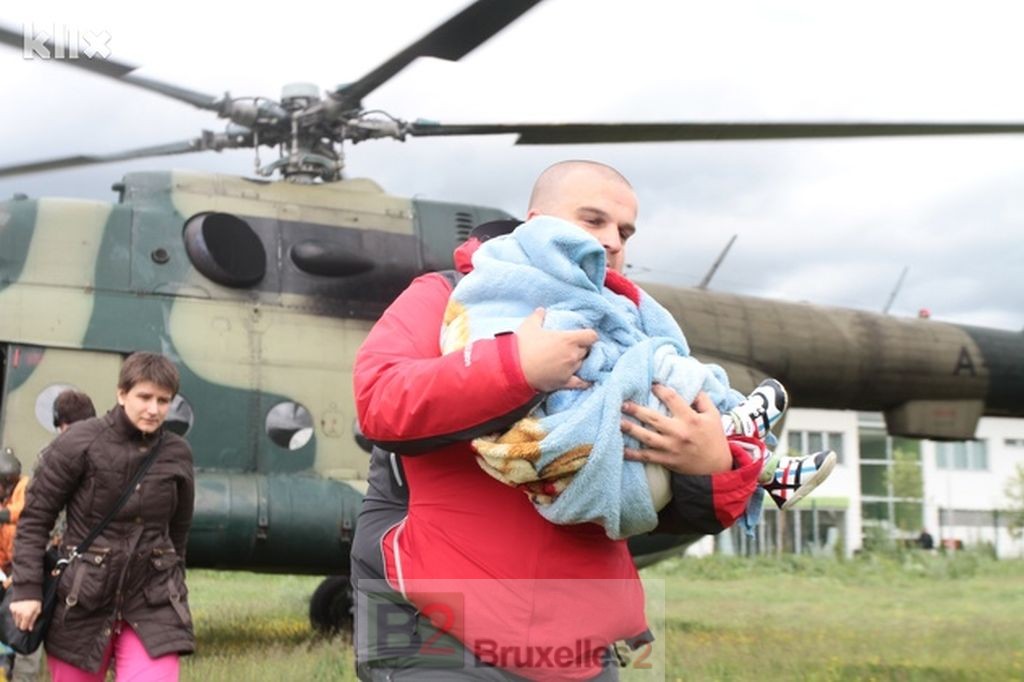NATO: a “friendship” whose functioning must be reviewed
(B2) NATO is looking for a new existence. Again ! Taken from behind by the fall of the Berlin Wall in 1989, the Euro-Atlantic Organization had redefined a strategy and aimed to deploy its capacity for action in the world, as a force of democratic support, of all-out intervention . She considered her action globally. Direct military action, training and restructuring of armies, aid to the police, civil security, etc., there seemed to be few areas that did not escape his vigilance. The organization has also expanded physically, through successive enlargements, reaching almost all the States of the European continent (and even elsewhere, "Partnership for Peace"helping). And she was about to "nibble"on strictly "Russian" lands by preparing the accession of several ex-Soviet states.
And suddenly came Georgia... Russia's coup in Georgia marked a setback, like a return to reality, at very pragmatic limits. What is the point of intervening 5.000 km from the heart of Europe, to stabilize a distant country. If we are not able to intervene, neither politically nor militarily, at the borders with a country perceived as a "threat" by several of the members of the Organization. It should not be hidden, in fact, that, faced with this Russo-Georgian conflict, in a country applying for membership, NATO has remained at arm's length. A few political statements have been made publicly. But nothing more. It was, in fact, the Americans who decided to send their ships for deliveries "humanitarian".
And then the question of Afghanistan came back nagging. Because no one dares to admit it. But in Afghanistan, NATO's overall strategy (largely driven by the Americans) is beginning to look like a global failure. And the Allies find themselves bogged down in a country, whose complexity we are only beginning to grasp. Unable to withdraw, because the Afghan army and police do not seem able to take over. Reluctant to send reinforcements, especially knowing that the price (budgetary, human, political) can very quickly exceed the capacities of the allies, and especially their will. Especially since the results are far from convincing. With the multiplication of military deaths and civilian losses, the intervention in Afghanistan - the organization's only major operation (along with Kosovo) - is turning into a nightmare. Several reasons lead to this, relating to the terrain itself, to strategic unpreparedness and to too much certainty in its objectives - wanting to bring about democracy by force of arms is always risky! The Organization has sometimes debated all of this internally, but never publicly.
When France rejoins NATO, it is legitimate to ask a few questions. Which, I hope, can not only be discussed at the informal Council of Defense Ministers in Krakow (Thursday and Friday) but also publicly. Not only in France but in several European countries.
1) Is it useful? Without a doubt. What for ? The question deserves to be asked.
2) What is the objective, the field of action? And where should NATO act? Refocus on territorial defence, organization and cooperation between allied armies or continue to remain an operational armed wing, with variable geometry at the global level. Reason, like efficiency, would incline to the first objective, more reasonable but undoubtedly more "development".
3) Doesn't this military organization deserve to review its functioning? Perhaps among the 16.000 agents who work in its offices and in its staffs, it is a little disproportionate compared to the current situation and at a time when the economic crisis is hitting budgets hard? And for what performance? All this deserves questioning. To avoid - as a high-ranking French official said: "NATO is the perfect place to perfect your golf score... ".
4) Finally, and above all, we must reconsider the very status of NATO. This organization, born of the cold war, of purely military essence, this "club" of allies where the predominance of the United States was not only natural but sought, has gradually been transformed into a pluralist political organization. Without adapting its structures, its essence, its status to a modern, more demanding world. Today it thus continues to operate as a "friendship" whose decisions are taken in an opaque manner (rather in an "informal manner" * as we like to repeat at NATO headquarters). It is not subject to any real political control (no election or appointment procedure) and above all to no real democratic control. There is no assembly that authorizes expenditures or operations, or controls them. There is no competent jurisdiction, towards which one can contest the regularity of his acts. There is no official journal that publishes its standards and decisions. In fact, in the name of "secret defence" - today misguided to cover a whole series of activities, often legitimate, sometimes questionable, NATO is quite simply an organization with a dubious existence from a legal point of view. , outside the "rule of law". This urgently needs to be resolved...
(NGV)
---
(*) The most obvious example is the appointment of the Secretary General who obeys no rules, as a connoisseur of the organization told me. "It is an informal procedure. The decision is taken by consensus at the level of ambassadors or ministers at some point when a candidate is agreed. For the moment there is no declared candidate". In fact we "wait for someone to come forward. It is not good to be a candidate too early. But above all, we do not know the position of the American administration". And it's clear in everyone's mind that "American opinion will count a lot to know if this candidate has a chance of being admitted"Or not... Who will endorse this appointment? Nobody. Not an assembly. Not an official Council. Nobody. When we compare with the European procedures for appointing the President of the European Commission (or the High Representative - Lisbon version), so often decried, but which are all in all much more democratic (with a hearing before the European Parliament, etc.), we are there between day and night.
